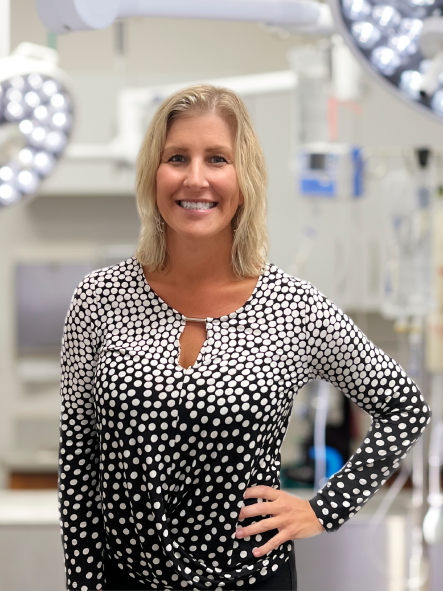Once your family veterinarian has made a referral, click here for information about scheduling an appointment.
If you have an invoice/bill you would like to pay online, we have an online checkout for credit and debit cards. We also offer CareCredit as a payment option.
Helping Yourself Heal When A Pet Dies
Coping with Losing a Pet
Help Grieving over the Sudden Loss of a Pet
Coping with Sudden and Unexpected Pet Loss
The Journey Through Grief: The Six Needs of Mourning
Grief Support Center
APLB Association for Pet Loss and Bereavement
https://grief.com/
Tender Hearts
Grief Recovery Houston
Bo’s Place
Grief Counseling
Community of Faith
Grief Share
We provide the following support resources:

THERESA STRINGER, LCSW-S, LCDC
Veterinary Social Work Internship Program Manager
theresa.stringer@gcvs.com
GCVS is committed to providing a healthy and safe environment for patients, clients, and employees.
Below you’ll find answers to frequently asked questions.
If you are experiencing an emergency with your pet and your family veterinarian is not available, our hospital is open 7:00 AM – 10:00 PM for walk-in emergencies. For more information, click here.
After you check in with the receptionist, the doctor and their technician, will meet with you and your pet to perform a physical exam, obtain a complete medical history, and evaluate your pet’s condition. The doctor may also perform additional examinations or diagnostics in one of our diagnostic areas.
At this point, our team will put together an assessment of your pet’s treatment options, plans and costs. The doctor and technicians will discuss this assessment with you, and together you will agree to a treatment plan for your pet.
Patients are referred to GCVS by their family veterinarian. Typically your veterinarian will call or send us information collected on a referral form. The form will give us a brief history and describe your pet’s problem, as well as identify the appropriate specialty department to see your pet. Once your family veterinarian has made a referral, please call 713-693-1111 to schedule an appointment. You can also email us at info@gcvs.com.
For clients with non-emergency questions or concerns please call us at 713-693-1111.
Or you can always email info@gcvs.com.
Prior to scheduling an appointment with a specialist, you must be referred by your veterinarian.* Typically, your family veterinarian will call us to go over your pet’s medical information. Then, either you or your vet will schedule an appointment to see one of our doctors. If you are experiencing an emergency with your pet and your family veterinarian is not available, you may come directly to our hospital and be seen as an emergency.
*Avian/Exotics department serves as primary care for these species and do not need a referral to be seen. Please visit the Avian/Exotics page for more information.
A veterinary specialist has typically completed 4 additional years of specialty training. This includes a 1-year internship and a 3-year residency program in a particular practice area, i.e. Internal Medicine, Dermatology, Oncology, etc. To become board-certified, these candidates must also pass rigorous training and testing requirements. Graduates are called Diplomates.